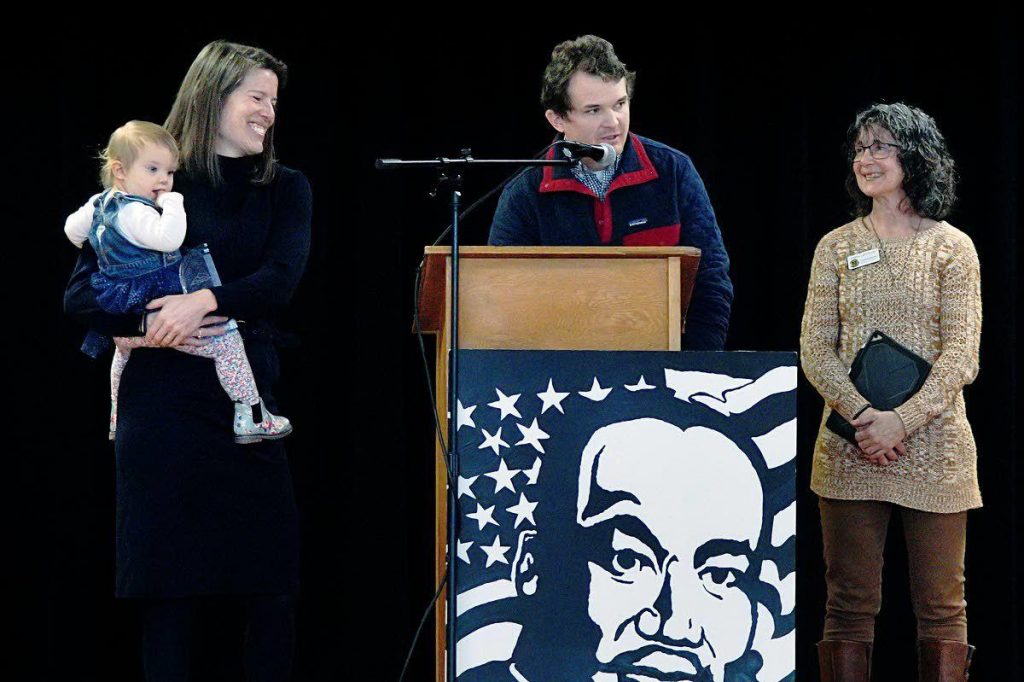
Governor Little has a sense of justice. And he’s acting on it. He’s fighting poverty in Idaho, though he doesn’t freely use the term.
This week we remember Martin Luther King. He fought against racial injustice but more, he knew poverty was a millstone around the neck, preventing young children from developing the content of character by which he famously called for us to judge them. But many rise up out of poverty and grow their character, and indeed, grow their wealth. Justice guards that path from poverty.
In Idaho, as well as nationally poverty is defined based on monthly income; this gives us the measure “Federal Poverty Level”. Many dispute these terms, but if you are going to measure something, you need to be consistent. I’ll use it.
If you look at that national designation, Idaho is actually pretty low, with only 11% below 100% FPL, ranking us near the bottom. Nationally, nearly 14% live below 100% FPL. But if you look a little higher, folks making less than 200% of the FPL, we jump up to the top third, with 34% earning less than $2082/month. Nationally, only about 30% earn less than 200% of FPL.
So, Idaho has poverty, but more, we have many folks working hard and not making a lot. We are a low wage state. That pathway out of poverty, guarded by justice is paved with education. Idaho folks would benefit greatly from the opportunity of education, a free, common, uniform education, as our Idaho Constitution guarantees. Our founders knew it; Brad knows it.
And Governor Little knows, for primary education to be valuable and effective, the ability for students to read at grade level when they reach third grade is a key indicator. Most of those that can’t struggle going on in the grades; many of those that can will thrive. He has committed investment toward early reading capabilities. It is a worthwhile investment. And, as always, there is more to do.
The other move Governor Little has made for justice in Idaho has to do with the recently released criminal offenders. Idaho has one of the highest incarceration rates in the country. Over a third of those in the system are there for crimes involving drugs or alcohol. Furthermore, Idaho has the highest recidivism rate (people released, then returned to prison). So, we incarcerate many with fixed sentences for drug violations, and when they are released, they often go back to jail or prison for parole violations.
Reintegrating offenders takes an investment. The recently passed Medicaid Expansion law will help felons in need of medical care, since, odds are they will be working a pretty low wage job that might not offer health insurance benefits. Brad knows this value and knows the investment is worth it.
But Governor Little knows the path for released offenders from the structured chaos of the prison environment to the goal of productive community members would benefit from sign posts; limited structure. He has put funding to operate a community reintegration center in Twin Falls. Low risk offenders will live there in a supervised setting, continuing programs and working in the community before being released.
Work gives more than a paycheck. It’s a place to build relationships, confidence, skills and value. And people need more than money to climb out of poverty.
I appreciate our governor’s commitment to justice. All people deserve our respect and all, under our Constitution have the right of justice. But making positive steps forward take time. And there is more to do.
To quote Martin Luther King:
If you can’t fly then run, if you can’t run then walk, if you can’t walk then crawl, but whatever you do you have to keep moving forward.
